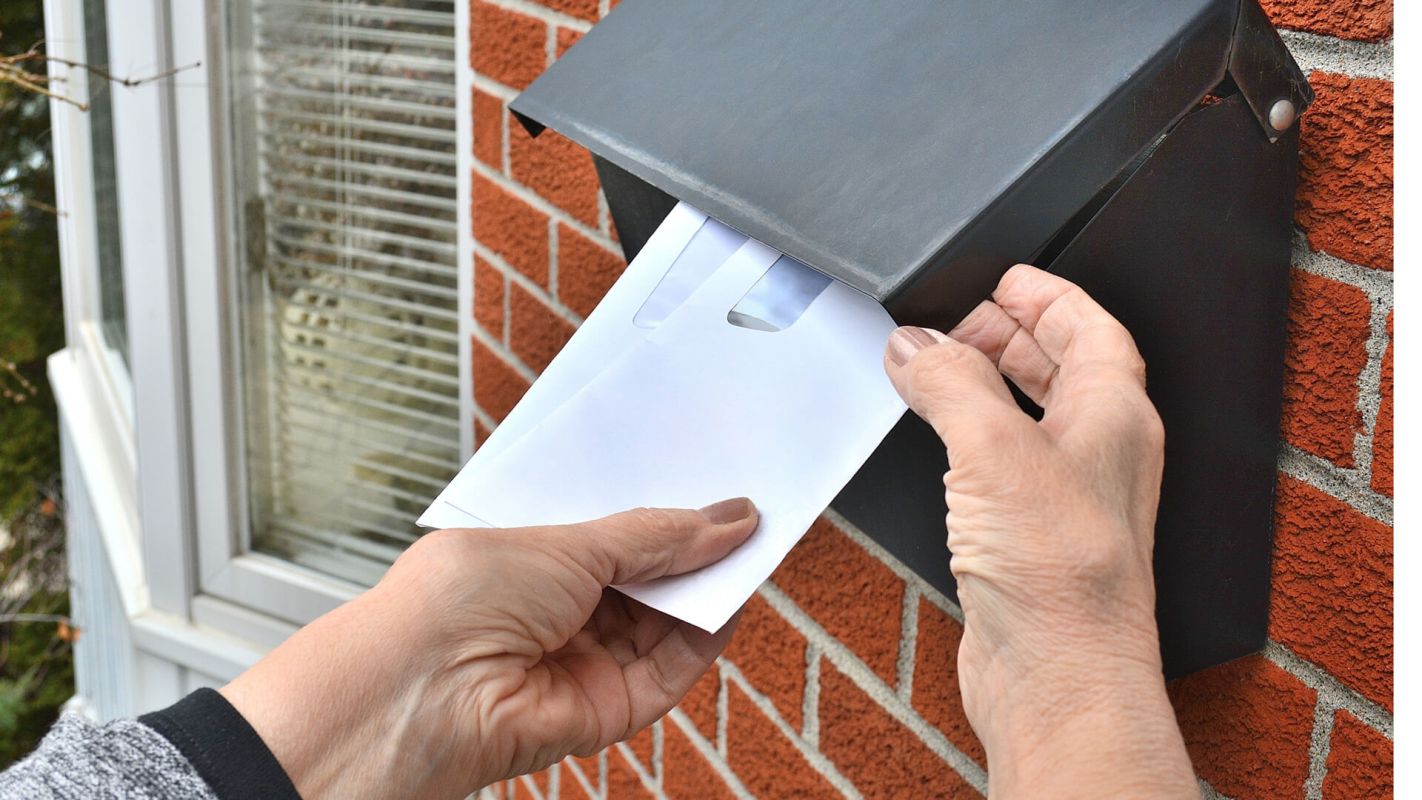There's nothing worse than checking the mail, only to realize that nine out of ten items are junk mail.
Despite the prevalence of the internet and electronic billing, junk mail persists as a problem for almost every U.S. household.
This mail is more than just annoying, it's also wasteful. Marketers waste enormous amounts of money, water, and wood creating these unsolicited mailings, just for consumers to throw away.
Luckily, there are a few simple ways to stop receiving these invasive mailers.
What is junk mail?
Junk mail is any piece of unwanted or unsolicited advertising or promotional material you receive in the mail.
You typically get unsolicited mail from a company or organization you've done business with that shares your name and address with its partners.
For example, the three main credit reporting agencies often share their mailing lists with credit card and insurance companies to send promotional mail.
"The buying and selling of marketing lists is invasive. We should be able to say no," Alan Durning, founder and executive director of Sightline Institute, told the Sierra Club.
How to stop junk mail
To tackle multiple kinds of unwanted mail at once, try DMAchoice.org first. This mail management service costs $4 but gives you an entire decade of less junk in your trunk (mailbox).
CatalogChoice.org is a free alternative that also allows you to unsubscribe from unsolicited catalogs one by one.
For unsolicited credit card and insurance offers, make a toll-free call at 1-888-567-8688 or visit optoutprescreen.com.
You might get tired of receiving mail you signed up for — in this case, go through the company's customer service to cancel the mailings.
To cancel unwanted promotional sweepstakes materials from Publishers Clearing House and Reader's Digest, fill out an online form and send an email.
If you're getting mail for past residents, write "not at this address" and place it in a USPS drop box. And for mailings to a deceased person, fill out the Deceased Do Not Contact Registration form.
Opting out of obsolete phone books is just a click away at yellowpagesoptout.org.
To cut back on the amount of junk mail you receive in the future, use the magic words, "please don't rent, sell, or trade my name or address," anytime you're giving a company or organization your name and address.
Why you should care about junk mail
Junk mail can be incredibly intrusive, annoying, and wasteful.
According to the Product Stewardship Institution (PSI), 100 billion pieces of unwanted marketing mail are sent to U.S. consumers yearly — approximately 300 junk mailings per person.
Producing this enormous amount of junk mail wastes enough water to fill 160,000 Olympic-sized swimming pools, cuts down 111 million trees, and releases as much carbon pollution as 2.3 million cars, PSI estimates.
As a result of companies inundating people with unwanted mail, an estimated 11.2 billion pounds of unsolicited catalogs, envelopes, and flyers are sent to landfills annually. Junk mail also wastes your time. Sorting, reading, and recycling junk mail can take as much as eight months of your lifetime.
Follow The Cool Down on Instagram and subscribe to our newsletter.








